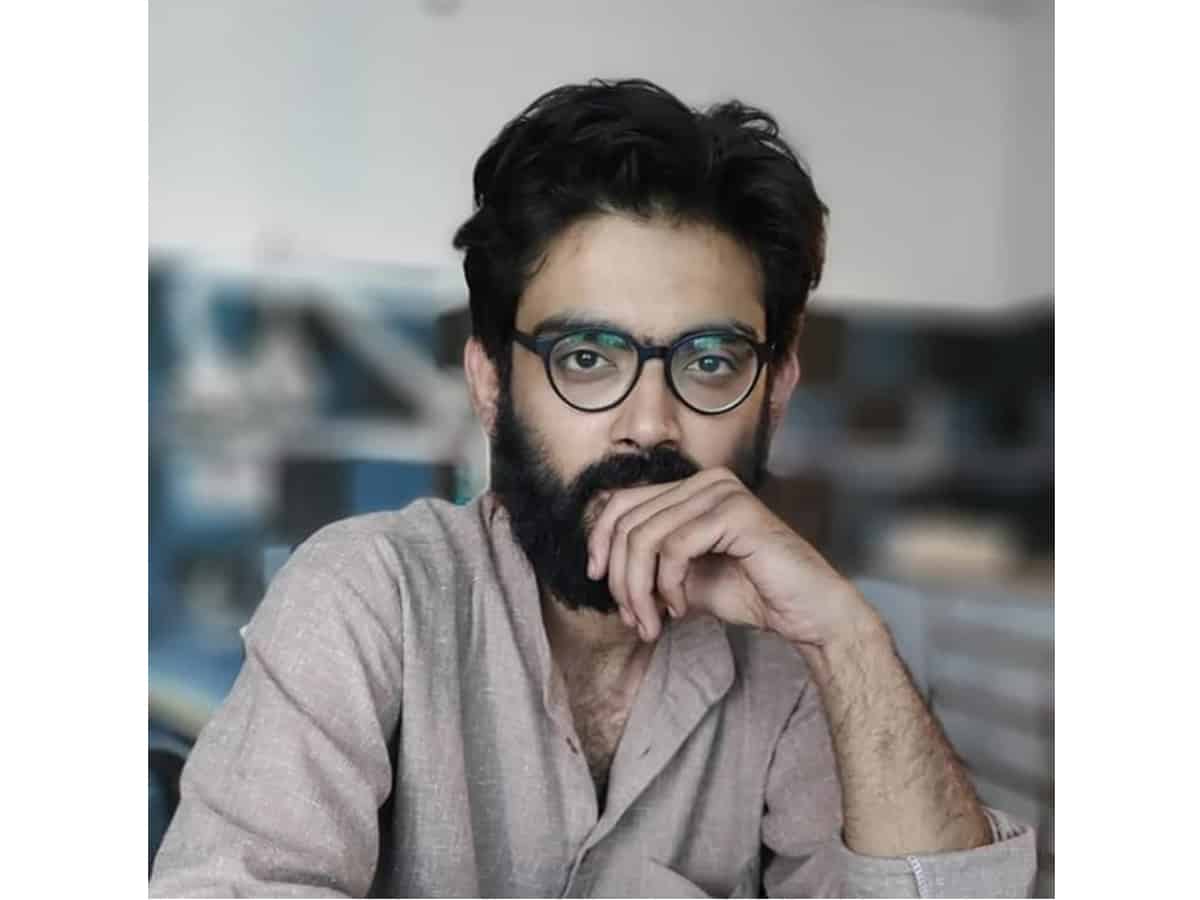New Delhi: The Delhi High Court is set to pronounce its judgement on the plea of police challenging the discharge of Sharjeel Imam, Safoora, Tanha and others.
The trial court had discharged 11 out of 12 accused in the matter. The order of February 4 was challenged by the Delhi police.
Justice Swarana Kanta Sharma after hearing the submission made by Additional Solicitor General (ASG) Sanjay Jain and the counsels for the accused in the matter reserved the order on March 23.
ASG Jain during his arguments produced video clips relied upon by the Delhi police in the matter.
Jain had submitted that seven accused persons were identified through two video clips. He also relied upon the CDR of the accused persons which shows their presence in and around the area of occurrence on December 13, 2019.
On the other hand, Senior advocate Rebecca John, who appeared for Safoora Zargar, had argued that as per the Prosecution Safoora was in the muffled face, but still, she was recognised by the two witnesses.
She also argued that the CDR of the respondent Safoora is of no importance as she was a student of M Phil at the time of the incident. Her residence was at Gaffar Manzil in the vicinity of Jamia.
ASG Jain also submitted that the written statement and clips were produced in the trial court, the bench noted.
He also submitted that the screenshot field here was also part of the pen drive field along with a second supplementary charge sheet.
Senior Advocate Rebecca John contended that the person they claim is me is in clip 9. I (Safoora) am not in clip 3. The Persons in clip 9 in face cover. The question is how Safoora was identified.
The senior advocate also submitted that Safoora was not named in the FIR. No one identifed her.
It was also submitted that prohibitory order under section 144 Cr PC was not imposed in the Jamia area. It was imposed near parliament, not Jamia. In this situation how the assembly can be called an unlawful assembly?
It was also submitted that the First charge sheet was filed on March 30 20 against Mohd. Ilyas.
They (Police) didn’t say anything about the second charge sheet, she argued.
The senior advocate also referred to the statement of ASI Jafrudddin who stated he saw some boys during progress. The respondent here is a girl, not a boy.
In 2nd supplementary charge sheet first time I was named and made an accused. The DVD with them surfaced the first time in the second supplementary charge sheet, senior counsel argued.
I was not in the 42 people apprehended on the day of the incident and taken to police station Badarpur for detention, the counsel submitted.
The senior advocate also argued that the Safoora was identified by two witnesses who were staff of Jamia. They identified Safoora Zargar and revealed her name but they were not presented at the place of occurrence.
On behalf of Asif Iqbal Tanha, it was argued that the police had apprehended 42 people on the day of the incident. Out of 11 accused who were arrayed as accused only 3 were out of those 42. There is no answer about the remaining 39 people.
It was also argued that Asif was a student of BA Persian at the time of the incident.
The statement of ASI Dhaniram was recorded on 13 January 2023 after 3 years and one month after the incident.
The witnesses stated that he identified Asif from the photo. He identified him as he was speaking a lot and arguing with me, the witnesses stated.
On behalf of Sharjeel Imam, advocate Talib Mustafa argued that there is No photo no video in which I was identified and no statement, except in the third supplementary charge sheet
Disclosure statement has no evidentiary value, the counsel argued. He said that Assembly was around 3.30 PM. after half an hour the alleged assembly turned violent.
At around 3.51 PM Sharjeel left as his glasses were broken, the counsel argued. I was not there at the time alleged incident.
Sharjeel Imam has also filed his written submissions.
He has refuted the allegations of violence levelled by the Delhi Police. In his written response to the appeal moved by the Delhi police, said he is a victim of violence, not an offender.
The high court had not summoned the case diary. However, it was submitted by one of the counsels that the TCR and case diary may be summoned.
The trial court made some serious remarks while discharging the accused persons on February 4. Trial court records have been summoned in digitised form. The observations have not been expunged.
The Trial Court while not considering and weighing the evidence on record has proceeded to discharge the respondents at the stage of framing of charges, the Trial Court erred in not only holding a mini-trial at this stage but also recorded perverse findings which are contrary to the record to arrive at the finding that a case of discharge was made out against the Respondents, ASG had argued.
It was submitted that a bare perusal of the Impugned Order would reveal that Trial Court has proceeded to make observations on the merits of the matter.
Delhi’s Saket court on February 4, discharged Sharjeel Imam, Asif Iqbal Tanha, Safoora Zargar and other 8 accused in the Jamia Milia Islamia University Violence case registered in 2019.
However, the court had directed to frame charges against Mohd. Iliyas alias Allen in the matter.
The trial court had made serious remarks in the case. The court had said that the accused were made scapegoats in the matter.
The court had said that police had no evidence against the accused persons.
This case pertains to violence in Jamia and surrounding areas in December 2019. Violence erupted after a clash between people protesting against Citizenship Amendment Act (CAA) and the police. Sharjeel was granted bail in 2021.
A case was registered at Jamia Nagar Police Station in connection with the violence that broke out on December 13, 2019. Delhi police had made 12 persons accused in the case.
Delhi police alleged offences of rioting and unlawful assembly and Section 143, 147, 148, 149, 186, 353, 332, 333, 308, 427, 435, 323, 341, 120B and 34 of IPC were invoked in the FIR.








